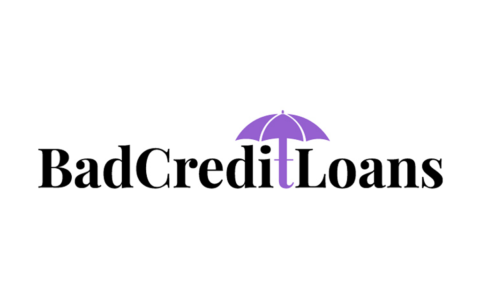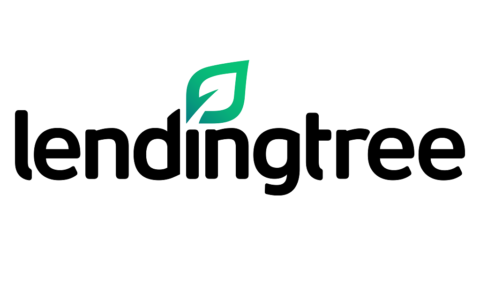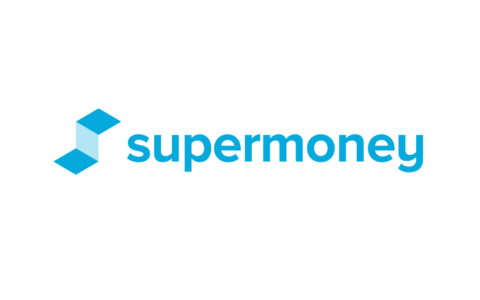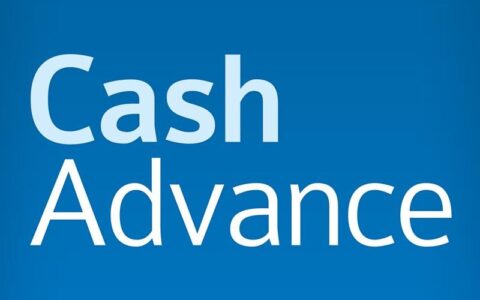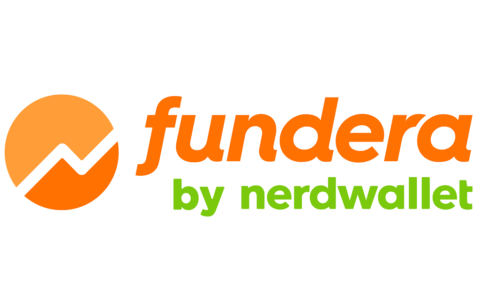Introduction
SBA loans are Small Business Administration loans designed to help small businesses in the United States obtain financing to grow, maintain, or start their operations. These loans are not directly provided by the Small Business Administration (SBA); instead, the SBA partners with qualified lenders, such as banks, credit unions, and other financial institutions, to guarantee a portion of the loan. This guarantee reduces the risk for lenders, encouraging them to provide loans to small businesses that might not otherwise qualify for traditional financing.
SBA loans play a crucial role in the success of small businesses by providing much-needed financial support in various forms, including working capital, equipment purchases, real estate investments, and even debt refinancing. These loans help small businesses thrive by offering more favorable terms and conditions compared to traditional financing options. SBA loans can also serve as a lifeline for businesses affected by disasters or economic downturns, ensuring their continuity and fostering job creation.
This blog post aims to provide a comprehensive introduction to SBA loans, discussing their importance for small businesses, various types of loan programs, and the top 10 SBA loans available. Additionally, this post will cover essential information that beginners should know about SBA loans, including eligibility requirements, the application process, and tips for choosing the right loan for your business. By the end of this post, readers will have a better understanding of SBA loans and how they can help small businesses achieve their goals.
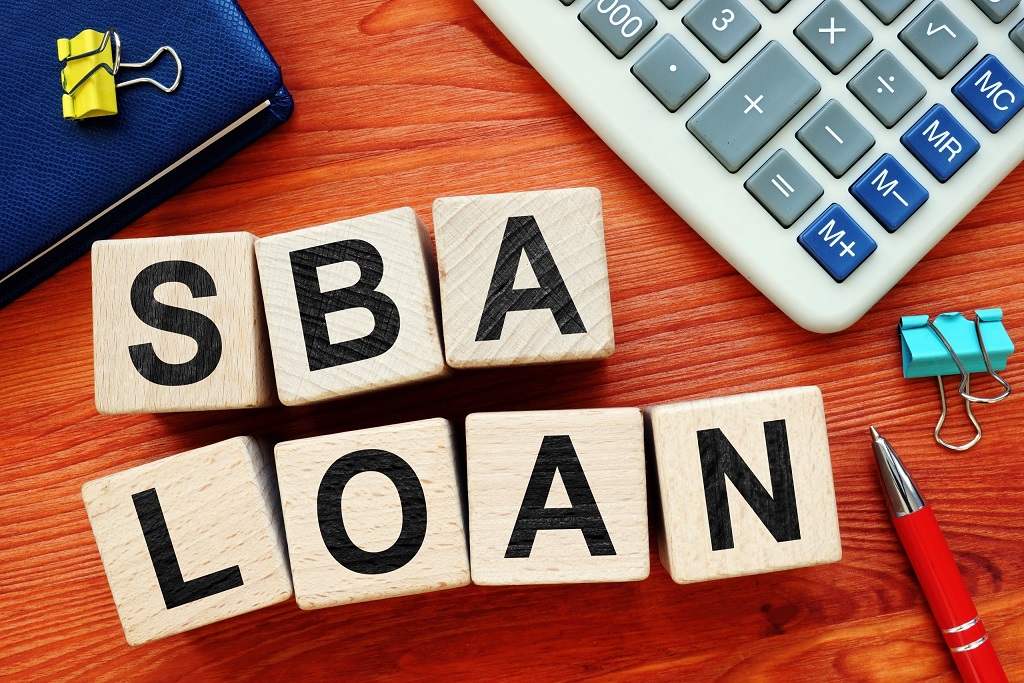
Types of SBA Loan Programs
- 7(a) Loan Program: This is the most popular and flexible SBA loan program, designed to provide financing for a wide range of purposes, such as working capital, equipment purchases, real estate, and even debt refinancing. The maximum loan amount for 7(a) loans is $5 million, with repayment terms varying depending on the loan’s purpose.
- CDC/504 Loan Program: This program provides long-term, fixed-rate financing for major fixed assets, such as real estate or equipment, to promote economic development and job creation. These loans are typically used for purchasing land, buildings, and large equipment, as well as for construction, renovation, or modernization projects. The maximum loan amount for a CDC/504 loan can go up to $5.5 million or more, depending on the project’s scope and the specific industry.
- Microloan Program: This program offers smaller loans, up to $50,000, to help small businesses and nonprofit childcare centers with working capital, inventory, supplies, and equipment. These loans have shorter repayment terms, usually up to six years.
- Disaster Loan Program: The SBA provides low-interest disaster loans to businesses, homeowners, renters, and nonprofit organizations that have been affected by declared disasters, such as hurricanes, floods, or wildfires. These loans can be used to repair or replace damaged property and assets, as well as provide working capital to help businesses recover from the disaster.
Each SBA loan program has its own eligibility requirements, loan terms, and application processes. Small business owners interested in applying for an SBA loan should research the various programs to determine which best fits their needs and work with a qualified SBA-approved lender to navigate the application process.
10 Best SBA Loans
A. Criteria for selecting the best SBA loans
When evaluating the best SBA loans, it’s essential to consider various factors to ensure that the loan meets the unique needs and requirements of your small business. Some of the criteria for selecting the best SBA loans include:
- Loan purpose: Consider the specific financial needs of your business, whether it’s working capital, equipment purchases, real estate investments, or disaster recovery.
- Loan terms: Analyze the repayment terms, interest rates, and fees associated with each loan to determine which option provides the most favorable conditions for your business.
- Lender reputation: Research the lender’s track record, customer service, and expertise in working with small businesses and SBA loan programs.
- Borrower eligibility: Evaluate the eligibility requirements of each loan, such as credit score, collateral, and business size, to ensure that your business meets the criteria.
- Flexibility: Consider the level of flexibility offered by each loan program, such as prepayment penalties, refinancing options, and the ability to use funds for various purposes.
B. Overview of the top 10 SBA loans and their features
Note: It is important to mention that SBA loans are not ranked in a top 10 format. Instead, there are different SBA loan programs designed to cater to the specific needs of small businesses. The following is a list of notable SBA loan programs and their features.
- Standard 7(a) Loan: Offers up to $5 million for various purposes, including working capital, equipment purchases, and real estate investments.
- SBA Express: Provides expedited approval for loans up to $350,000, with a turnaround time of 36 hours or less.
- Export Express: Designed for exporters, offering loans up to $500,000 with a fast approval process.
- Export Working Capital: Provides loans up to $5 million for export-related working capital needs.
- International Trade Loan: Offers long-term financing for businesses expanding into international markets, with loans up to $5 million.
- 504 Loan: Provides long-term, fixed-rate financing for major fixed assets, such as real estate and equipment, with loans up to $5.5 million or more.
- CAPLines: Offers revolving lines of credit up to $5 million for short-term and cyclical working capital needs.
- Veterans Advantage: Provides SBA-guaranteed loans for veteran-owned small businesses, with reduced fees and expedited processing.
- SBA Microloan: Offers smaller loans up to $50,000 for working capital, inventory, and equipment needs, with shorter repayment terms.
- SBA Disaster Loan: Provides low-interest loans for businesses, homeowners, and renters affected by declared disasters, offering financial assistance for property repair and working capital needs.
C. Tips for choosing the right SBA loan for your business
- Assess your business needs: Determine the specific financial requirements of your business, such as working capital, equipment, or real estate, and select a loan program that aligns with those needs.
- Evaluate your eligibility: Review the eligibility criteria for each loan program, such as credit score, collateral, and business size, to ensure that your business qualifies.
- Research lenders: Identify SBA-approved lenders with a strong track record and expertise in working with small businesses and SBA loan programs.
- Compare loan terms: Analyze the interest rates, fees, repayment terms, and other conditions associated with each loan program to determine the most favorable option for your business.
- Seek professional guidance: Consult with a financial advisor, accountant, or business mentor to help you evaluate your options and make an informed decision on the right SBA loan for your business.
Everything a Beginner Should Know About SBA Loans
A. Eligibility requirements and application process
Eligibility requirements for SBA loans may vary depending on the specific loan program. However, some general requirements include:
- The business must operate for profit and be located in the United States.
- The business owner must have invested their own time or money into the company.
- The business must not have access to alternative financing options.
- The business must meet the SBA’s definition of a small business, based on factors such as revenue, number of employees, and industry.
The application process typically involves:
- Preparing a detailed business plan, including financial projections and an overview of the company’s management structure.
- Compiling financial statements, such as profit and loss statements, balance sheets, and tax returns.
- Obtaining credit reports for the business and its owners.
- Completing the required SBA loan application forms and providing supporting documentation.
- Working with an SBA-approved lender to submit the application and receive a decision.
B. Understanding interest rates, fees, and loan terms
Interest rates for SBA loans can be either fixed or variable, depending on the loan program and lender. The SBA sets maximum interest rates for its loan programs, which are typically based on the prime rate plus an additional markup.
Fees associated with SBA loans may include:
- Origination fees
- Guarantee fees (paid by the lender to the SBA)
- Closing costs
- Prepayment penalties (if applicable)
Loan terms vary depending on the loan program and the purpose of the loan. For example, working capital loans may have shorter repayment terms, while real estate loans can have terms of up to 25 years.
C. Working with SBA-approved lenders
When applying for an SBA loan, it’s essential to work with an SBA-approved lender, such as a bank, credit union, or other financial institution. These lenders have experience with SBA loan programs and can guide you through the application process. To find an SBA-approved lender, you can use the SBA’s Lender Match tool or consult with your local SBA office.
D. Tips for improving your chances of loan approval
- Prepare a thorough and well-organized business plan, including realistic financial projections.
- Maintain a strong personal and business credit history.
- Demonstrate the ability to repay the loan through cash flow or collateral.
- Provide complete and accurate documentation in your application.
- Seek guidance from financial advisors or business mentors to ensure your application is as strong as possible.
E. Managing and repaying your SBA loan
Once your SBA loan has been approved and disbursed, it’s essential to manage the funds responsibly and make timely loan payments. To help manage and repay your SBA loan:
- Develop a budget and cash flow plan to ensure that you can meet your loan repayment obligations.
- Monitor your business’s financial performance regularly and make adjustments as needed.
- Communicate with your lender if you encounter any challenges or need to discuss potential changes to your loan terms.
- Consider refinancing options if interest rates decrease or your business’s financial situation improves.
- Seek ongoing guidance from financial advisors or business mentors to help ensure your business’s continued success and growth.
Conclusion
A. Recap of key points
In conclusion, SBA loans serve as an essential financing option for small businesses in the United States. They offer a range of loan programs to cater to various business needs, from working capital and equipment purchases to real estate investments and disaster recovery. To make the most of SBA loans, it’s crucial to understand the eligibility requirements, application process, and how to work with SBA-approved lenders.
B. Encouragement for small business owners to explore SBA loan options
Small business owners should not hesitate to explore SBA loan options, as these loans can provide valuable financial support for growth, maintenance, and starting new ventures. By researching the different loan programs available and working with experienced lenders, small business owners can identify the most suitable financing solution for their unique needs.
C. Final thoughts on the potential impact of SBA loans on small business growth and success
SBA loans have the potential to significantly impact small business growth and success by offering favorable terms, lower interest rates, and more flexible repayment options compared to traditional financing options. By taking advantage of SBA loans, small business owners can secure the financial resources needed to grow, innovate, and create jobs, contributing to the overall strength and vitality of the U.S. economy.
Author:Com21.com,This article is an original creation by Com21.com. If you wish to repost or share, please include an attribution to the source and provide a link to the original article.Post Link:https://www.com21.com/unlocking-the-potential-of-sba-loans.html


